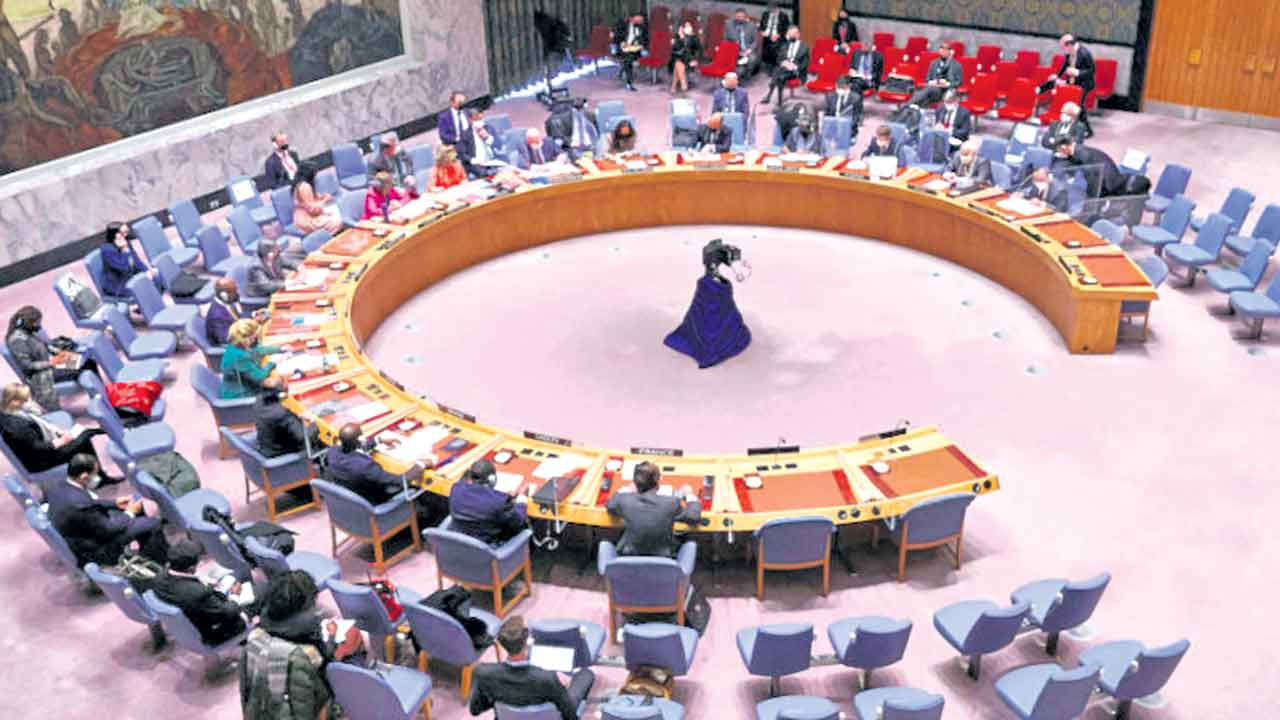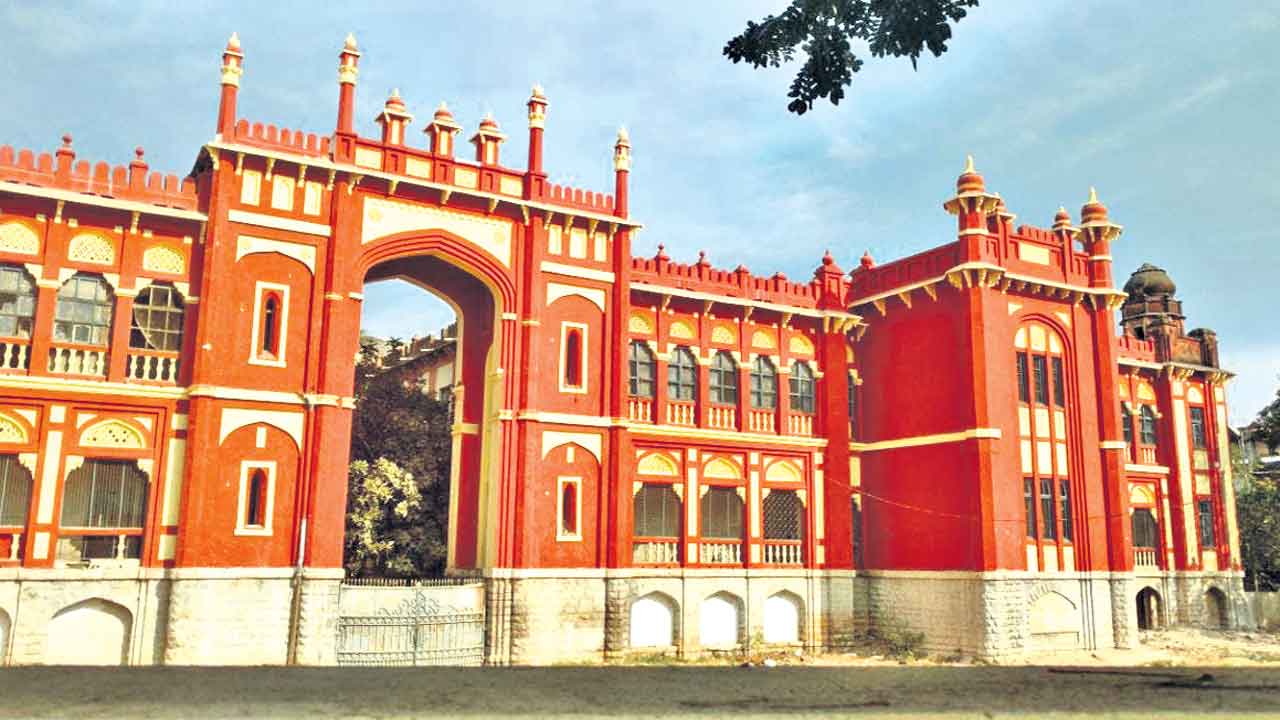A guide to right answer

In the previous articles, we learnt how to write a good answer addressing multiple dimensions asked in the question. We got good responses from the readers through emails and calls to continue this series with more dynamic content. So, in this article, we are going to discuss a topic related to current affairs. This answer will serve as a guiding light, thus helping you in writing answers to similar topics you come across.
Today, we will see how to write a mains answer related to the current affairs topic. The topic for today is Uniform Civil Code (UCC). First I’ll discuss briefly what is meant by UCC, and then we will see how to address this topic in question-and-answer format.
Uniform Civil Code means one that would provide for one law for the entire country, applicable to all religious communities in their personal matters such as marriage, divorce, inheritance, adoption, etc.
Constitutional Provision: Article 44 of the Constitution lays down that the State shall endeavour to secure a UCC for the citizens throughout the territory of India.
Now let’s see the question:
1) Discuss the possible factors that inhibit India from enacting for its citizens a Uniform Civil Code as provided for in the Directive Principles of State Policy.
Approach:
Introduction: Refer to Constitutional Article 44 and define UCC.
Body:
1) Explain the reason behind the demand for UCC
2) What are the factors inhibiting India from enacting a Uniform Civil Code
3) Mention steps that need to be taken by the government before enacting UCC
Conclusion: Conclude with the idea of developing consensus among the public.
Answer:
Introduction:
Article (44) of part four of the Indian Constitution provides for a Uniform Civil Code in the country. A Uniform Civil Code means that all citizens of the country irrespective of the difference of religion, race, caste, etc., be treated equally according to uniform laws.
Body:
Reasons behind the demand of UCC:
1) Right to Equality: It will provide women of all castes and religions equality in terms of matters related to marriage.
2) Judgement of Supreme Court: In Shah Bano Case (1985) Supreme Court recommended that a UCC will be established to secure justice.
3) Integration of India: The main aim of our Constitution is to ensure unity in India. The UCC will help in bringing unity among the diversity of religion, race, caste, etc.
4) Secularism: The Preamble as well as Fundamental Rights under Article 25 provide for secularism in the country. UCC helps in eliminating the differences based on religious marriage laws.
5) Reducing vote bank politics: A UCC will help in curbing the practice of using these laws for the purpose of political gains.
Factor inhibiting India from adoption of Uniform Civil Code:
1) Historical factors: In the Constituent Assembly, there was a debate regarding the adoption of UCC. As no consensus was established and it was put under the non-enforceable part of the Constitution.
2) Social factors: There is huge diversity among communities of India, so it’s hard to find a common ground on which a UCC can be established.
3) Legal factors: There is a conflict between the Right to Equality (Article 14) and the Freedom of Religion (Article 25), in the implementation of UCC, as UCC hinders Freedom of Religion for the sake of the Right to Equality.
4) Division between Judiciary and Legislature: There is a lack of consensus between the Judiciary and Legislature over the priority order of a) Freedom of Religion (b) Rights of women (c) Uniform Civil Code.
Steps that need to be taken by the government before enacting UCC:
1) Approach towards minority community: There is a need to develop trust with the minority community, rather than going for a top-down approach and going for a bottom-up approach in the implementation of UCC.
2) Keeping secularism intact: The government should keep the positive secular tradition of India in mind while making any law.
Conclusion:
There is a need to evolve a consensus over the issue of the Uniform Civil Code without compromising with the idea of minority protection as well as the preservation of national unity.
Thus, today we discussed questions related to current affairs topics from Indian Polity and Governance. Do make a note of important points from the above questions and make your answers enriched. We will discuss a few more questions related to current affairs in the upcoming articles in this series.
RELATED ARTICLES
Latest Updates
దేశంలో ‘జీవన వీలునామా’ నమోదు చేసిన మొదటి హైకోర్టు?
తాత్వికతను తెలిపేది.. రాజ్యాంగానికి గుండెలాంటిది
ఎలకానిక్ రికార్డులు.. ప్రాథమిక సాక్ష్యాలు
శుక్రకణాలు తాత్కాలికంగా నిల్వ ఉండే ప్రాంతం?
సెకండరీ ఎడ్యుకేషన్ కమిషన్కు మరోపేరు?
‘వెయ్యి ఉరిల మర్రి’ గా పేరుగాంచిన ఊడలమర్రి ఏ జిల్లాలో ఉంది?
రక్షణ దుర్గాలు – నాటి పాలనా విభాగాలు
క్యారెట్ మొక్క ఎన్ని సంవత్సరాలు జీవిస్తుంది?
ప్రపంచ ప్రసిద్ధి అగాధాలు – ఐక్యరాజ్యసమితి లక్ష్యాలు
అణు రియాక్టర్లలో న్యూట్రాన్ల వేగాన్ని తగ్గించేందుకు ఉపయోగించే రసాయనం?






